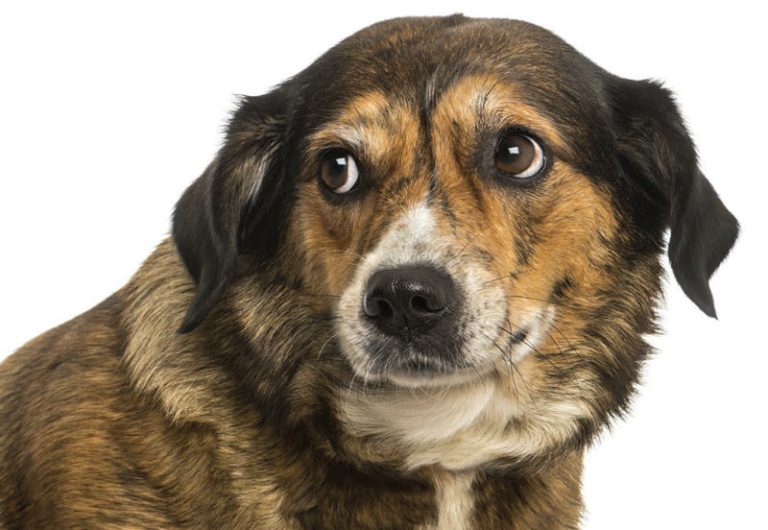Kwara State Government has reiterated its commitment to controlling and eradicating rabies resulting from dog and cat bites.
The State Commissioner for Livestock Development, Mr Oloruntoyosi Thomas-Adebayo, disclosed this on Thursday in Ilorin, while receiving members of the Dog Hunters Association, Kwara chapter, in her office.
The Commissioner said the initiative was part of efforts to enforce national health security and ensure the general wellbeing and safety of the people.
According to him, the government aims to improve both animal and human health by implementing an integrated approach that recognises the interconnection between human, animal, and environmental health.
“In our effort to prevent and control rabies, we will adopt an integrated approach that acknowledges the link between human, animal, and environmental health,” she said.
“In addition to this approach, our anti-rabies mass vaccination campaign—targeting both pets and stray animals—alongside community awareness and education initiatives, will encourage behavioural change and promote better pet health and welfare.”
She further emphasised the administration’s readiness to collaborate with all stakeholders to eliminate rabies transmission through regular vaccination, ultimately ensuring a safer environment and a balanced ecosystem in the state.
Also speaking, the Director of Veterinary Services, Dr Abdullateef Olugbon, explained that rabies was a deadly virus commonly found in dogs and cats and was transmitted to humans through the saliva of infected animals, typically via bites.
Olugbon listed symptoms of rabies in pets, including unusual behaviour, excessive salivation, hydrophobia (fear of water), and high body temperature.
He advised pet owners to seek immediate veterinary attention if any of these signs were observed.
Representative of the Chief Commandant of the Kwara vigilance group, Suleiman Chindo, and the President of the hunters association, Kwara chapter, Mr Olayinka Shuaib, appealed for government support.
They requested support in vaccinating their dogs with approach of the rainy season.
They noted that their hunting activities involved the use of dogs, and they had recently observed abnormal behaviours in some of them, prompting visits to the State Veterinary Clinic in Sango.
Shuaib added that due to financial constraints, many of their members were unable to afford rabies vaccinations for their dogs, stressing the importance of the vaccination programme in maintaining a disease-free environment.
NAN



